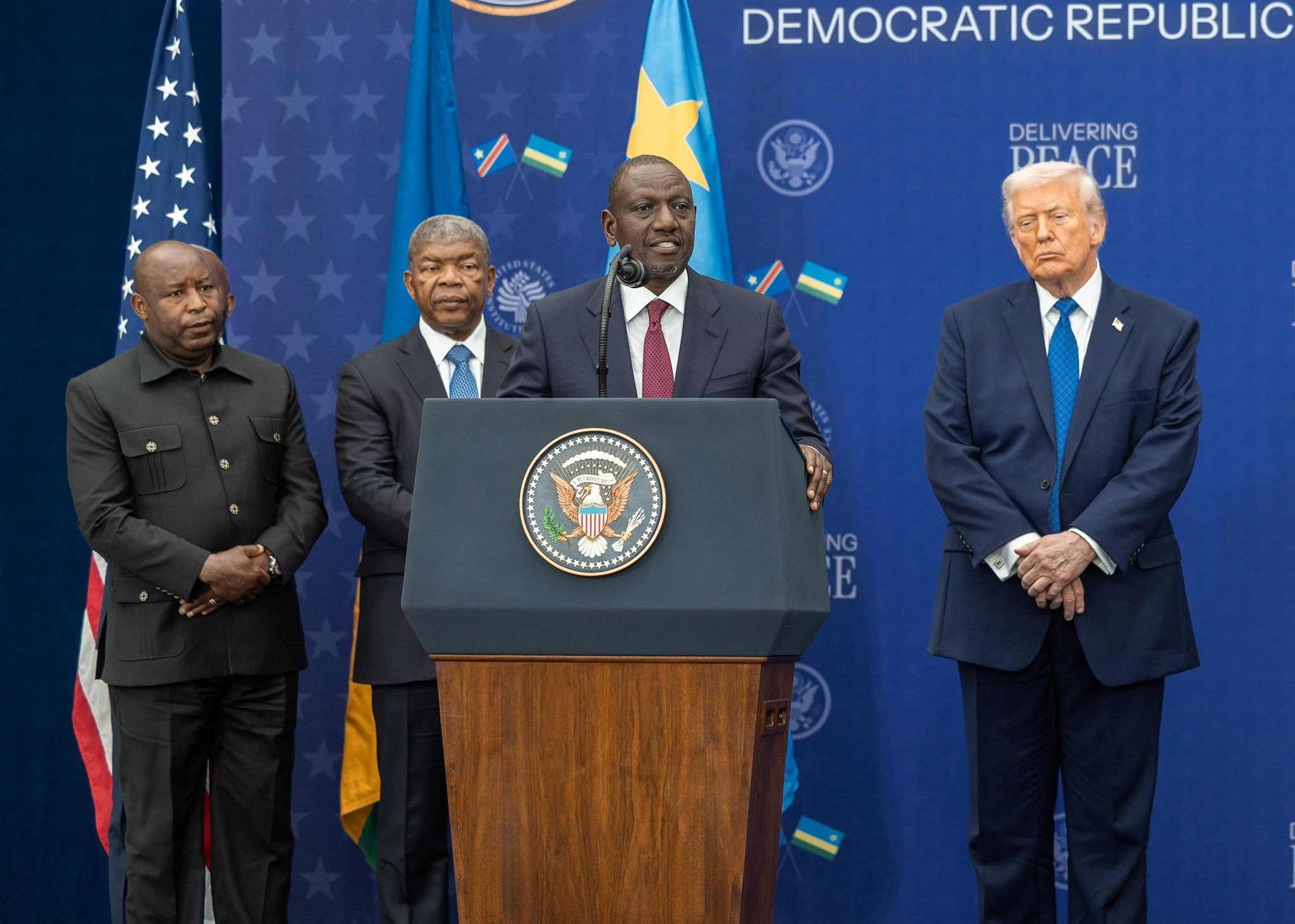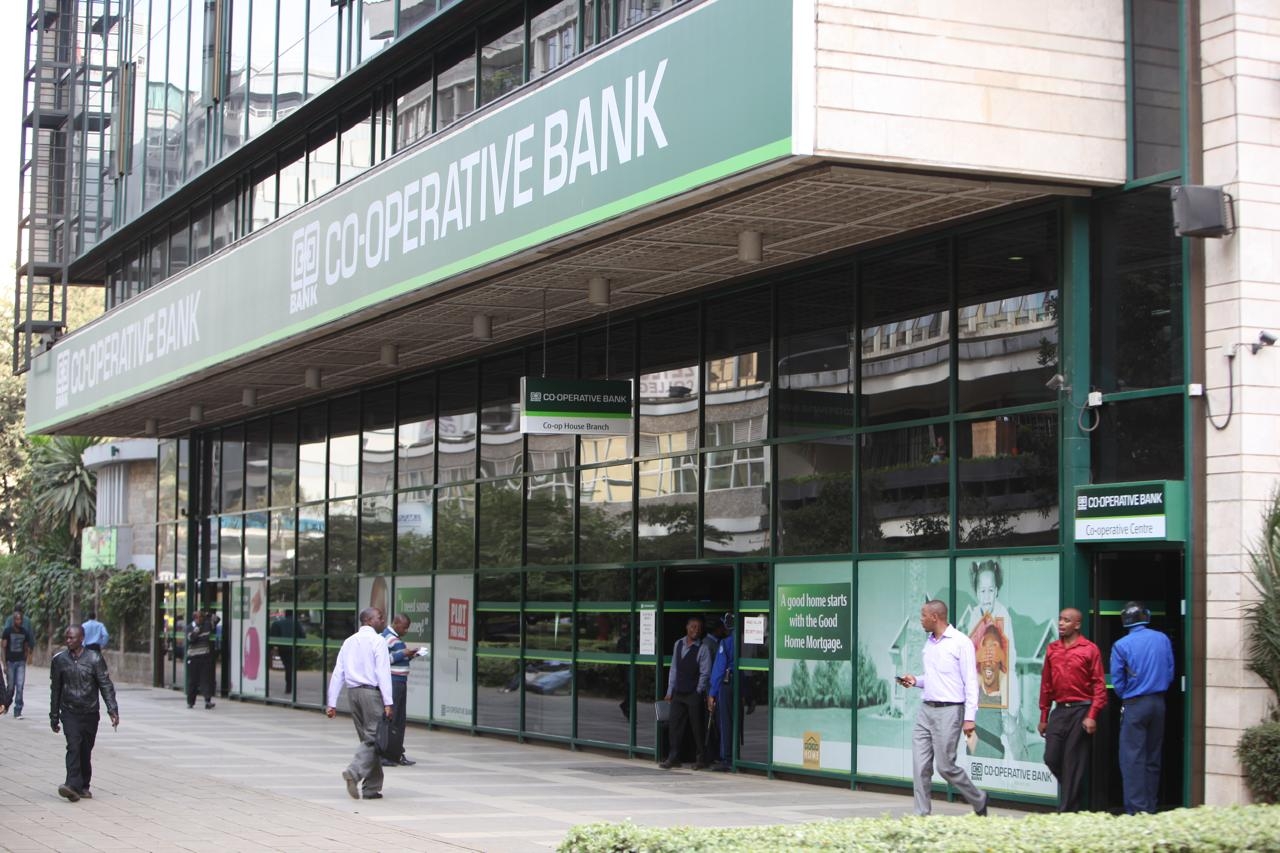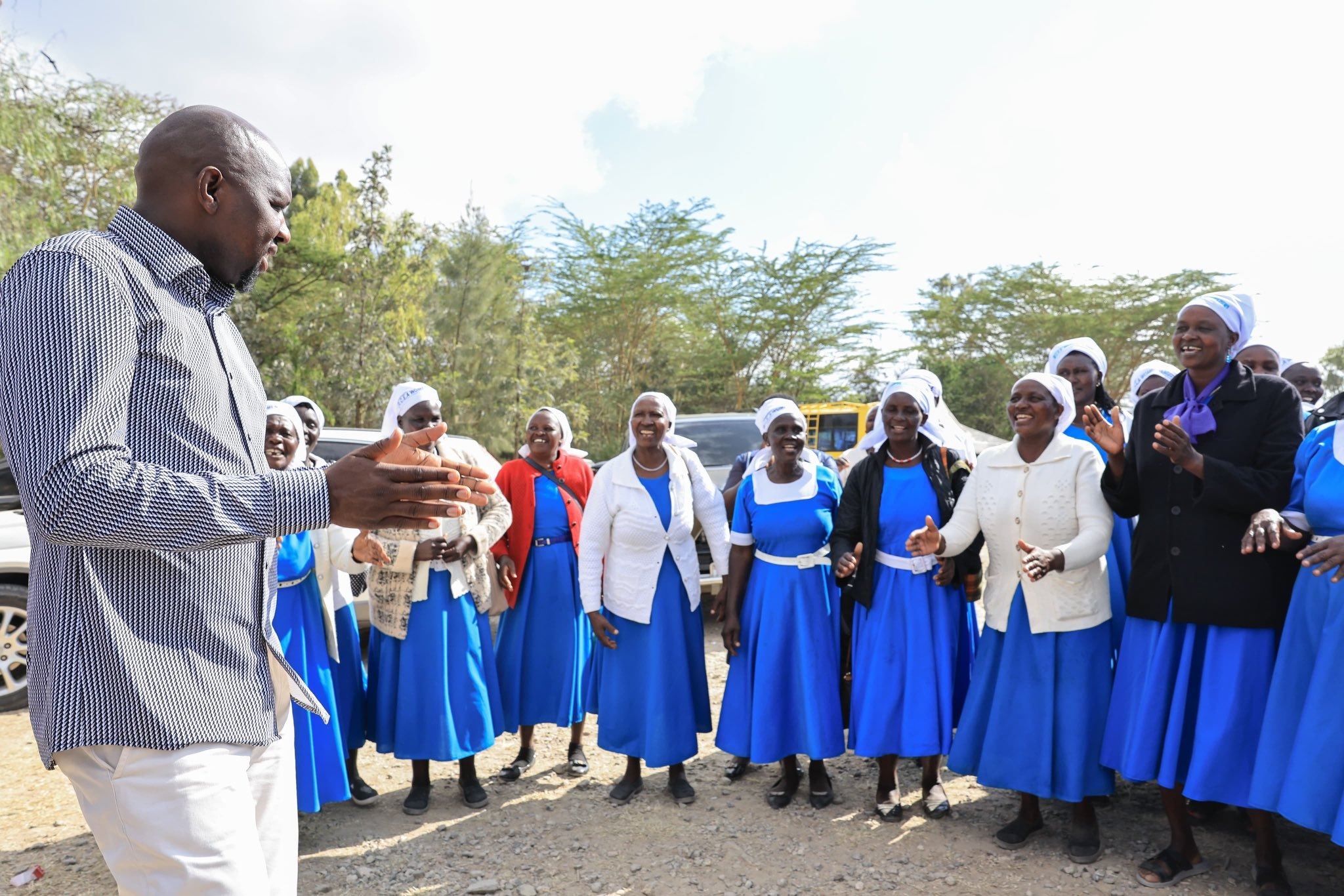Stakeholders in Garissa have lauded the Center for Behavioural Change and Communication [CBCC] and UNICEF for coming up with mechanisms that give room for feedback from beneficiaries.
CBCC Africa with support from UNICEF has been integrating Accountability to Affected Populations (AAP) into its emergency and development programs through the DigiRedio Social and Behavior Change Platform.
The initiative is part of a broader effort supported by UNICEF to promote accountability and community engagement in development and humanitarian response.
UNICEF has been actively involved in implementing humanitarian and development interventions, focusing on the needs of vulnerable populations.
Ensuring Accountability to Affected Populations[AAP] has been a critical component of these efforts, aiming to improve transparency, participation, and feedback mechanisms for the communities served.
On Friday, a multistakeholder engagement organized by UNICEF brought together participants drawn from different departments.
Benjamin Kinyua, Garissa County Children Coordinator said that the concept of accountability to affected populations helps partners understand the needs of the community much better.
“Understanding the community's access to information regarding aid and services they are offered is extremely important. This will go a long way in placing the community at the centre of everything so that the implementing partners can always be consulting them, getting their complaints as well as establishing feedback mechanisms,” Kinyua said.
Abdiwahab Ibrahim, regional coordinator for the National Gender and Equality Commission, said that it was important to establish a system where there is a free flow of information and feedback.
Hellen Collet from CBCC Africa said that with support from UNICEF, they have been integrating AAP into its emergency and development programs through the DigiRedio Social and Behaviour Change Platform.
DigiRedio, facilitates dialogue between multi-sectoral players and the public to educate, amplify community voices, catalyze action, create social accountability, and enhance participation at all levels for sustainable development primarily through a network of community and regional radios, social groups and online.
Mustapha Hassan, a radio journalist with Kulmiye FM that broadcasts in Somali, said that having feedback was important since it helps in gathering insights from communities to understand their needs, preferences, and experiences related to the humanitarian aid and development services provided by UNICEF and its partners.
“We have for the last two years been running the programme dubbed ‘makaya ya tumaini’ under the ‘come twende shule’ campaign and the feedback we get through our listeners is very good,” he said.
“We had a case of Abdi Rahman a student who is now able to enjoy his right to education after returning back to school and leaving behind his nomadic way of life. Life had been hard for him and his mother since their father passed away two years ago,” he said.
He added:
“Fortunately for him, his relatives and good Samaritans came to his rescue and helped him get back to school. After missing school for over a year, Abdi Rahman was given the chance to go back to school. His mother has now hired a shepherd to look after the animals and she also now has a permanent house to stay after the locals contributed funds to build her a house.
"The campaign focuses on eliciting feedback from community members regarding any aid or services they receive as well as setting up functional complaints and feedback mechanisms.”
Sheikh Hussein Mahat commended CBCC and UNICEF saying that the community engagements had helped in ensuring transparency and accountability in interventions.
During the workshop that focused on building capacities around AAP standards and practices, participants also got an opportunity to share experiences as well as challenges.














